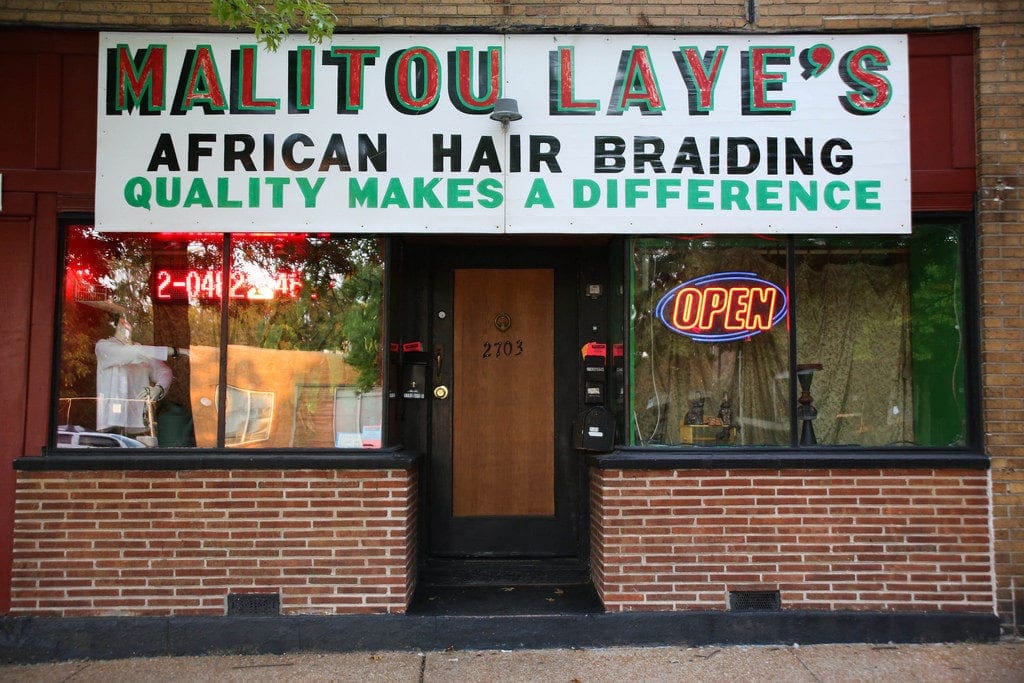Some estimate that the practice of hair braiding is about 5,000 years old, making it a much more traditional and well-established practice than going to the state for permission to braid hair.
Still, hair braiders across the country are often forced to dedicate long hours of training and spend thousands of dollars on classes they shouldn’t be required to take to continue braiding hair professionally.

Thanks to state laws regulating the practice, many women found themselves in tough situations, being forced to stop making a living out of hair braiding out of fear they would end up having troubles with the law. As a result, the libertarian-leaning Institute for Justice filed several lawsuits across several states on behalf of these hair braiders.
Now, many states exempt hair braiders from having to follow licensing laws. Still, the most populous state in the New England region remains in the dark ages, requiring anyone who wants to braid hair for a living to log in 1,500 hours of training and spending up to $20,000 just so they may obtain a cosmetology license.
Because these licensing laws often impact women of color and immigrants, it’s hard to ignore the impact on these communities, especially when we consider that hair braiding poses no threat to public safety.
In order to address this issue statewide, Republican Massachusetts Senator Ryan Fattman proposed legislation that would ensure hair braiders would be exempt from cosmetology licensing laws. If this bill passes, it could help countless women who are predominantly black and immigrant to get back into the workforce without fear of being driven out of the market by the law.
When defending his bill, Fattman explained that licensing laws keep people from turning their talent into a fulfilling profession. “It’s an ethnic vocation that people have learned in their upbringing and they do it, and they do it without realizing they have to be licensed,” Fattman explained. “We wanted to basically lower the barriers to entry for people who make a living this way.”
As it stands, the bill is being reviewed by the Committee on Consumer Protection and Professional Licensure, but a hearing about the piece of legislation won’t be held until this fall.
While forcing hair braiders to obtain licenses to perform their duties is usually seen as nonsensical by most, many seem unable to think the same way about other professions and commercial endeavors, failing to see how regulation actually hurts professionals and consumers across the board by imposing barriers to entry in the market that will eventually inflate the cost of doing business. Still, it’s encouraging to see that yet another state is working on abolishing licensing requirements for hair braiders.




















